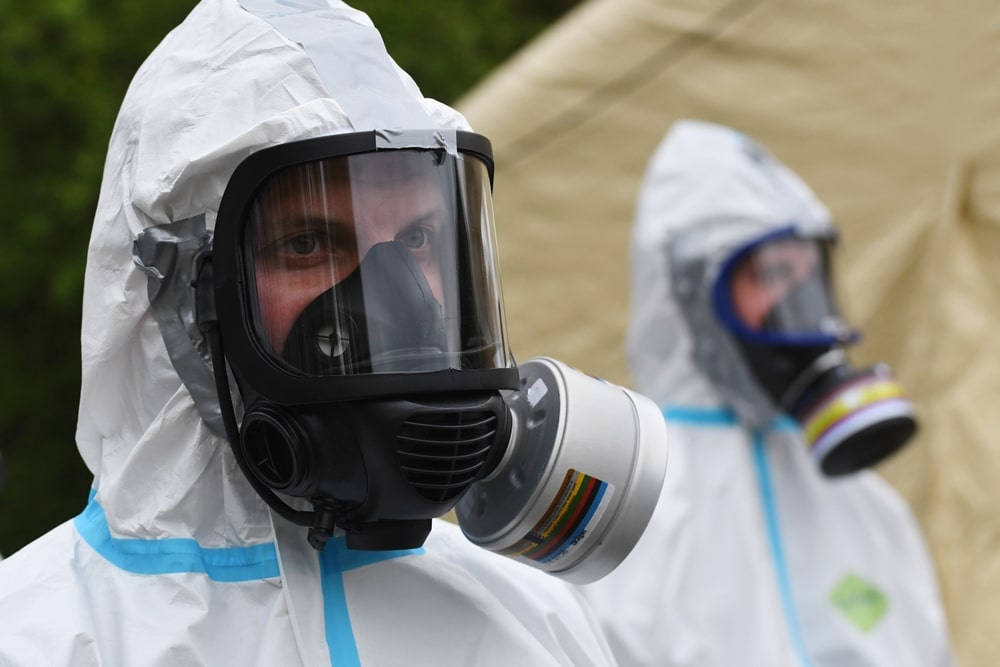A 65-year-old man was found dead in Death Valley National Park on Monday amid a relentless heat wave — even for Death Valley standards. Officials believe extreme heat is to blame for the fatality.
Around 10 a.m. local time on July 3, a maintenance worker located a vehicle about 30 yards off the road. Upon examining the stray car, the worker noticed the lifeless body within the sedan, according to the National Park Services (NPS).
“The sedan’s tracks ran along the road shoulder and rocky berm before veering further away from the paved road,” a press release from the NPS wrote. “The vehicle did not crash but had two flat tires when stopped.”
The initial investigation suggests that a heat-related illness may have caused the driver to run off the road, the NPS said in a press release.
According to AccuWeather meteorologists, the high temperature on Sunday, July 2, was 126 degrees Fahrenheit, and temperatures topped 122 degrees Fahrenheit on Monday, July 3.
That’s a few notches above the historical average high temperature of 116 F for early July. Between Sunday and Monday, overnight low temperatures didn’t drop below 98 F, compared to the historical average of 89 F for a low.
“The vehicle was found to be operational and was not stuck; however, the air-conditioning in the vehicle was not operational,” wrote the NPS. “The driver’s window was found down, further indication that the air conditioning was not functioning when the man was driving.”
Cool air from the Pacific Ocean will deliver some needed relief to parts of western Washington and Oregon later this week following an intense and record-setting burst of heat that kicked off the month of July.
However, as the weather pattern evolves this summer in the West, heat will ramp up and stick around over much of the interior Southwest, AccuWeather meteorologists say.
The heat peaked Wednesday along the Interstate 5 corridor in Washington and Oregon, with a record-tying 91 degrees Fahrenheit in Seattle.
In Portland, Oregon, the high temperature of 98 degrees broke the record of 96 degrees set in 2015. Temperatures will then gradually lower into Saturday, according to AccuWeather Meteorologist Brandon Buckingham.
“A timely reprieve from record-challenging heat is in store across the Pacific Northwest late this week and into the weekend,” Buckingham said.
“In addition to the cooler conditions, smoke from forest fires in western Canada will shift out of places like Seattle and Portland, resulting in a welcomed improvement in air quality.”
Temperatures will peak in the upper 80s in Seattle and the lower 90s in Portland on Thursday. By Saturday, highs are projected to be right at the historical average — in the mid-70s — in Seattle.
The high in Portland for the first day of the weekend will be in the lower 80s, which is just a few degrees above the historical average for the date.
However, from the eastern slopes of the Cascades to the western slopes of the Rockies, a northward bulge in the jet stream will hang on from this weekend to the start of next week.
Widespread highs in the 90s are in store for locations such as Spokane, Washington, and The Dalles, Oregon. At this level, temperatures will be 5–15 degrees above the historical average.

















